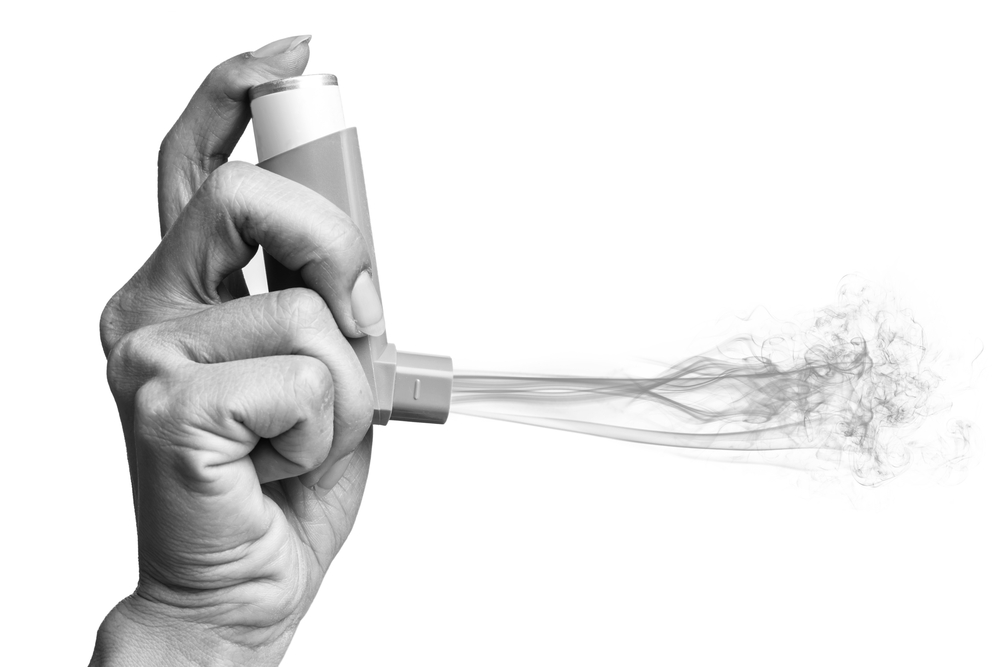Airway Hyperreactivity Test May Identify COPD Patients with Asthma Overlap

Patients with chronic obstructive pulmonary disease (COPD) who exhibit asthma symptoms may have poorer outcomes than other COPD patients, according to a study developed by researchers at St Paul’s Hospital in Vancouver, British Columbia.
The study, “Airway hyperresponsiveness in chronic obstructive pulmonary disease: A marker of asthma-chronic obstructive pulmonary disease overlap syndrome,” published in the Journal of Allergy and Clinical Immunology, shows that COPD-asthma patients might be diagnosed with a methacholine challenge test which may lead to better patient management.
The methacholine challenge test measures airway hyperreactivity typical in bronchial asthma. The test requires patients to inhale nebulized methacholine that provokes bronchoconstriction (narrowing of the airways). The degree of narrowing is then quantified by spirometry. People with airway hyperreactivity will react to lower drug doses.
Although asthma and COPD are distinct disorders, some patients may have features of both diseases, especially those who persistently smoke. A collaboration of the Global Initiative for Asthma (GINA) and Global Initiative for Chronic Obstructive Lung Disease (GOLD) has produced published criteria that identify smokers with both asthma and COPD. The patients can be identified through airway hyperreactivity which is measured by marked bronchial responsiveness to short-acting bronchodilators or by bronchoprovocation tests.
In the recent study, the researchers assessed whether a methacholine challenge could diagnose COPD patients with asthma and determine whether the asthmatic component could modify patient outcomes in COPD.
The team aimed to compare the relationship of airway hyperreactivity with lung function decline, respiratory mortality, and systemic inflammation in 5,887 current smokers from the Lung Health Study who had mild-to-moderate COPD. The results where then validated through the Corticosteroids in Obstructive Lung Disease (GLUCOLD) study at Groningen Leiden University which included 51 former and current smokers with moderate-to-severe COPD.
Research found that 24% of the patients with mild-to-moderate COPD had airway hyperreactivity. Compared to those who did not exhibit airway hyperreactivity, the patients had an accelerated decline in lung function and twice the chance for respiratory failure-related mortality. Similar results in lung decline were also observed in the GLUCOLD study. The relationships were observed despite COPD severity or smoking status.
The results suggest that the methacholine challenge test is a powerful tool to identify patients with COPD-asthma. The team emphasized that more studies are needed to determine how the clinical outcome in COPD patients with airway hyperreactivity can be improved.






